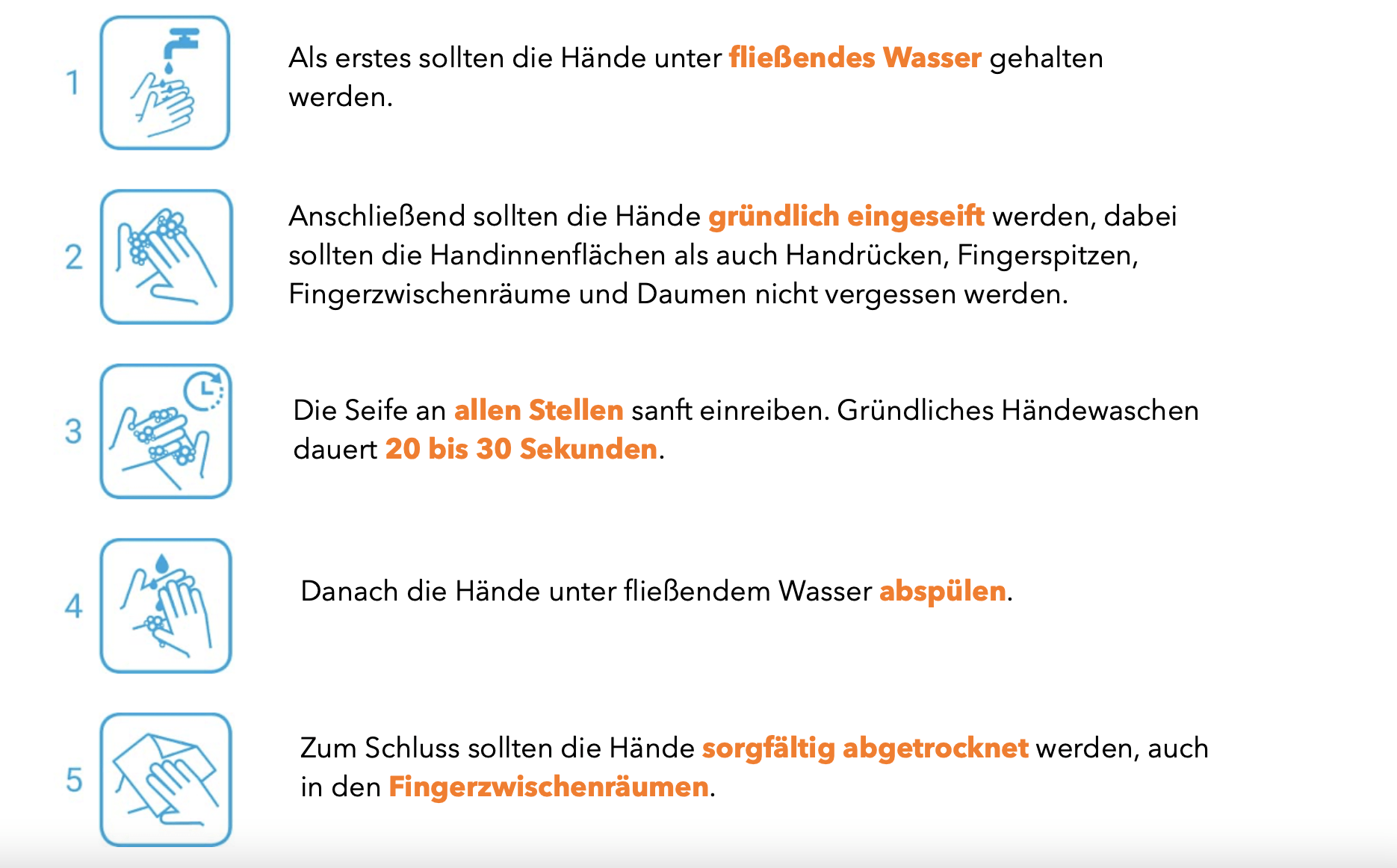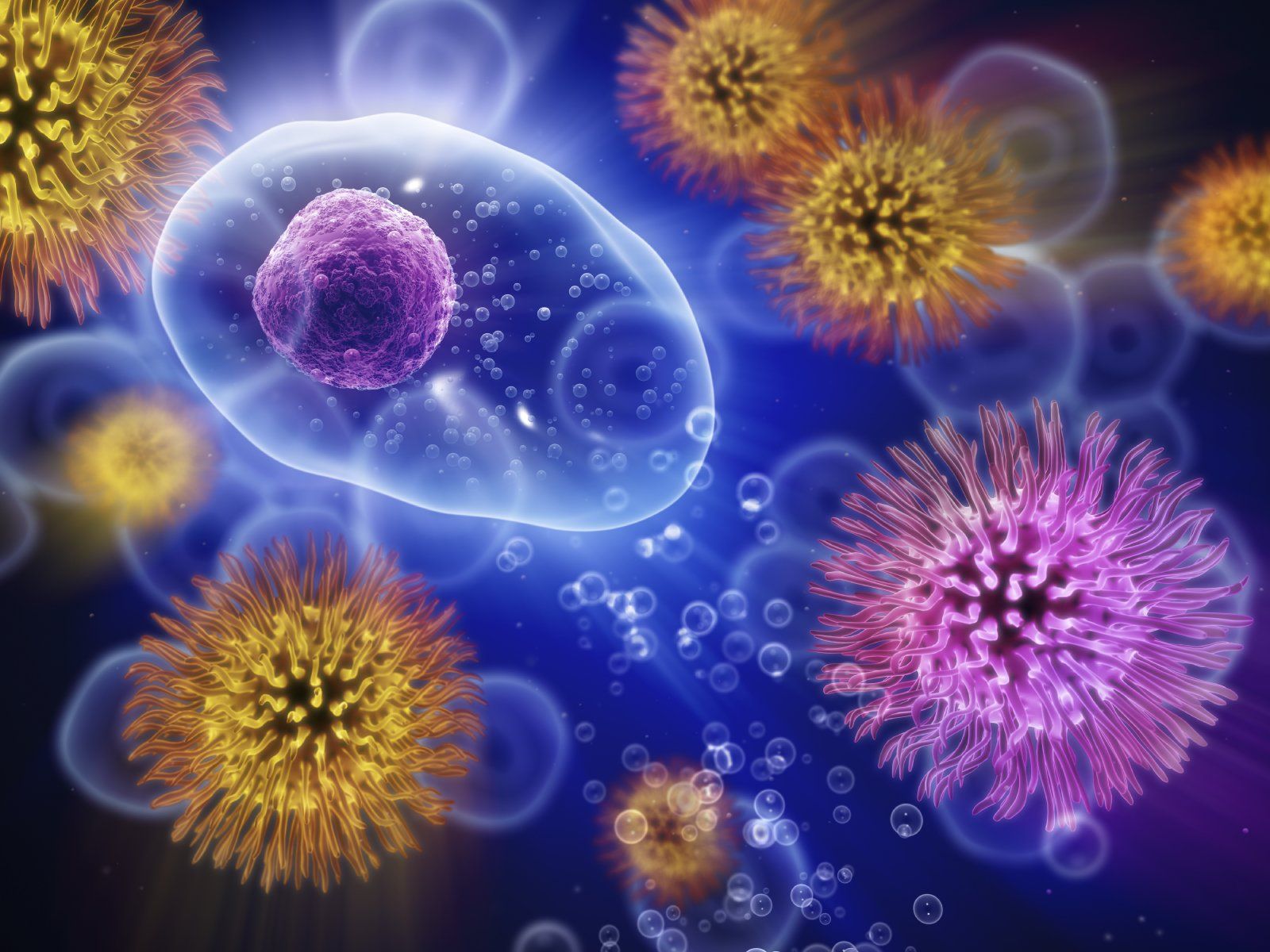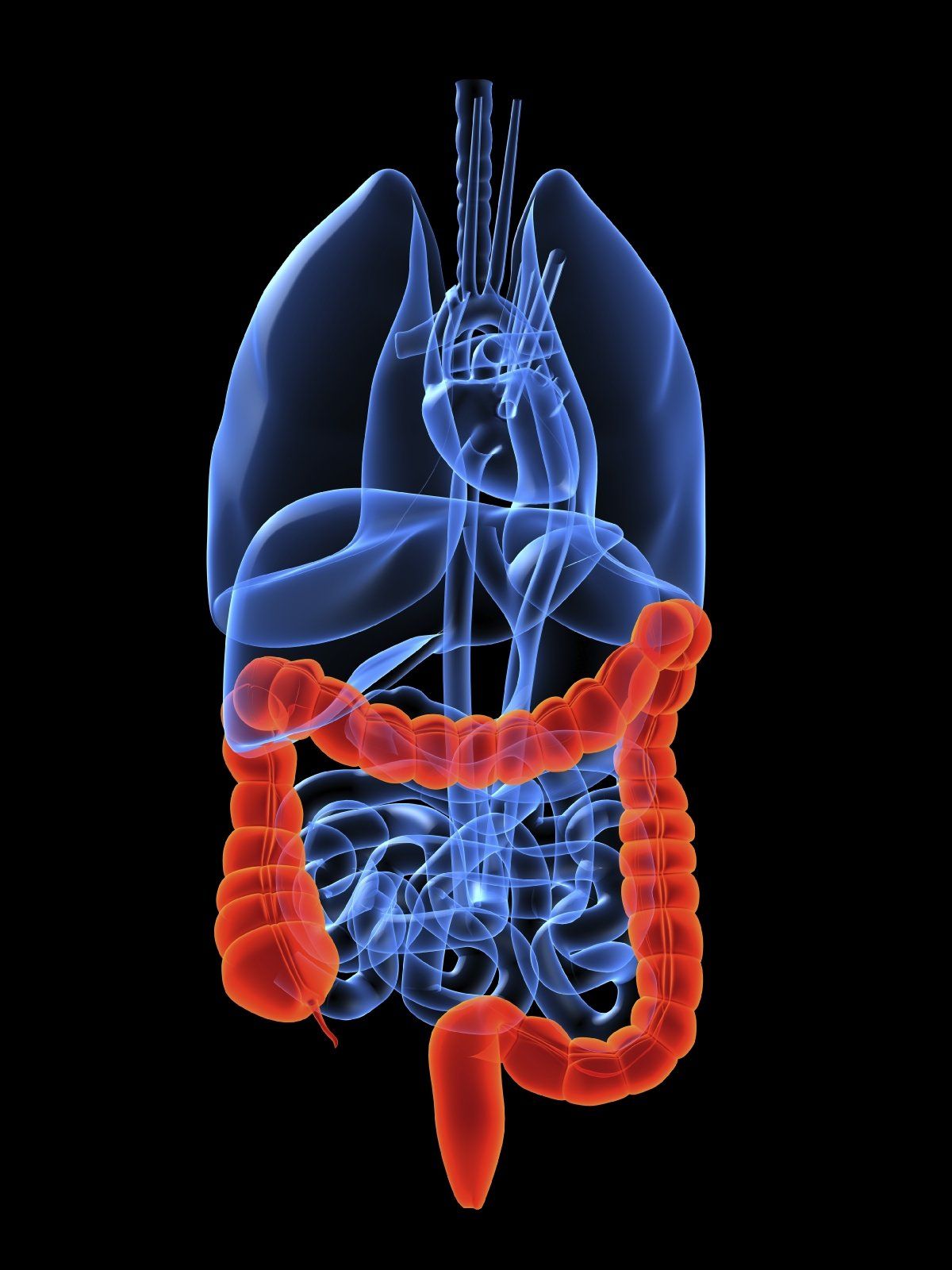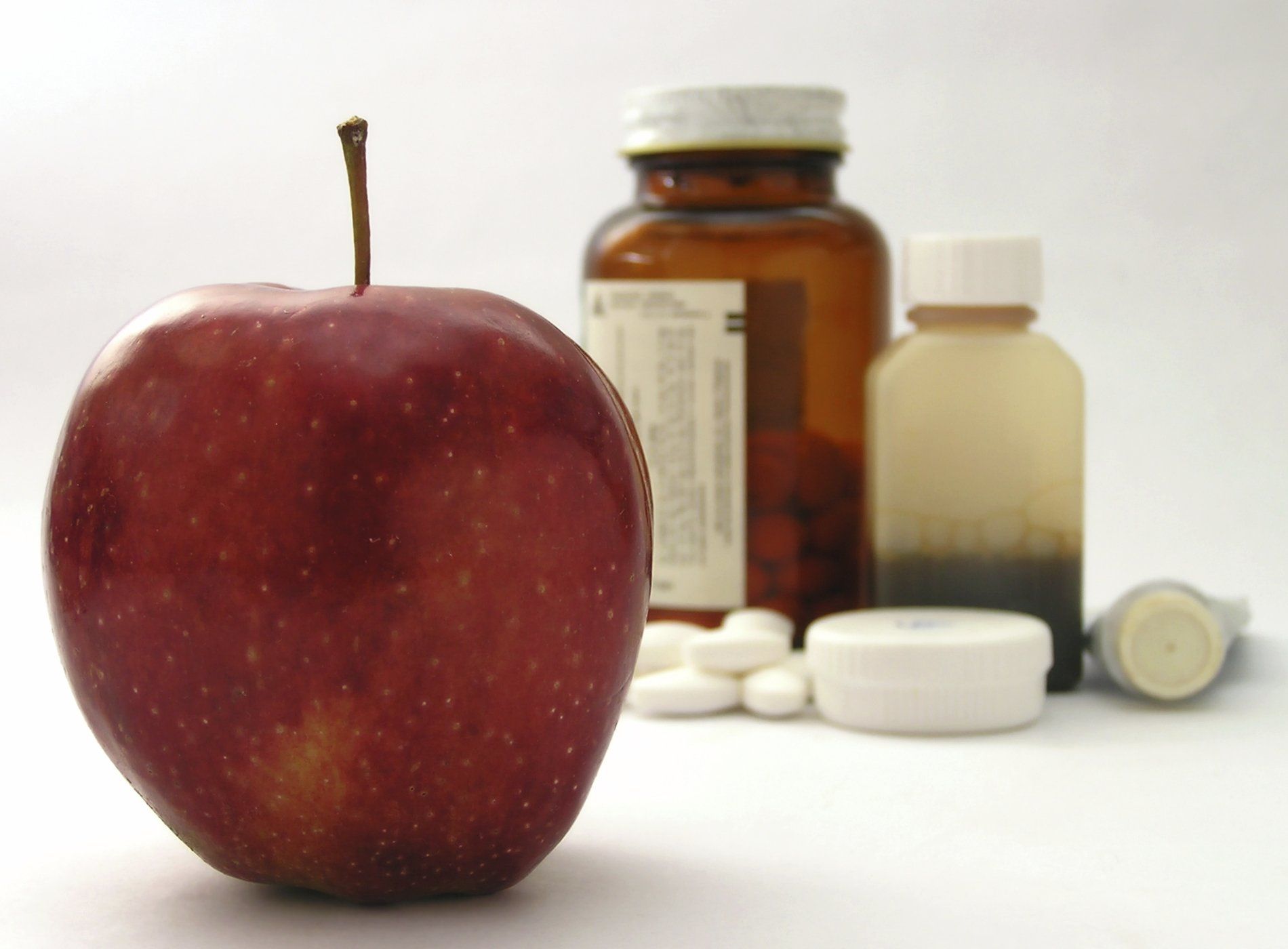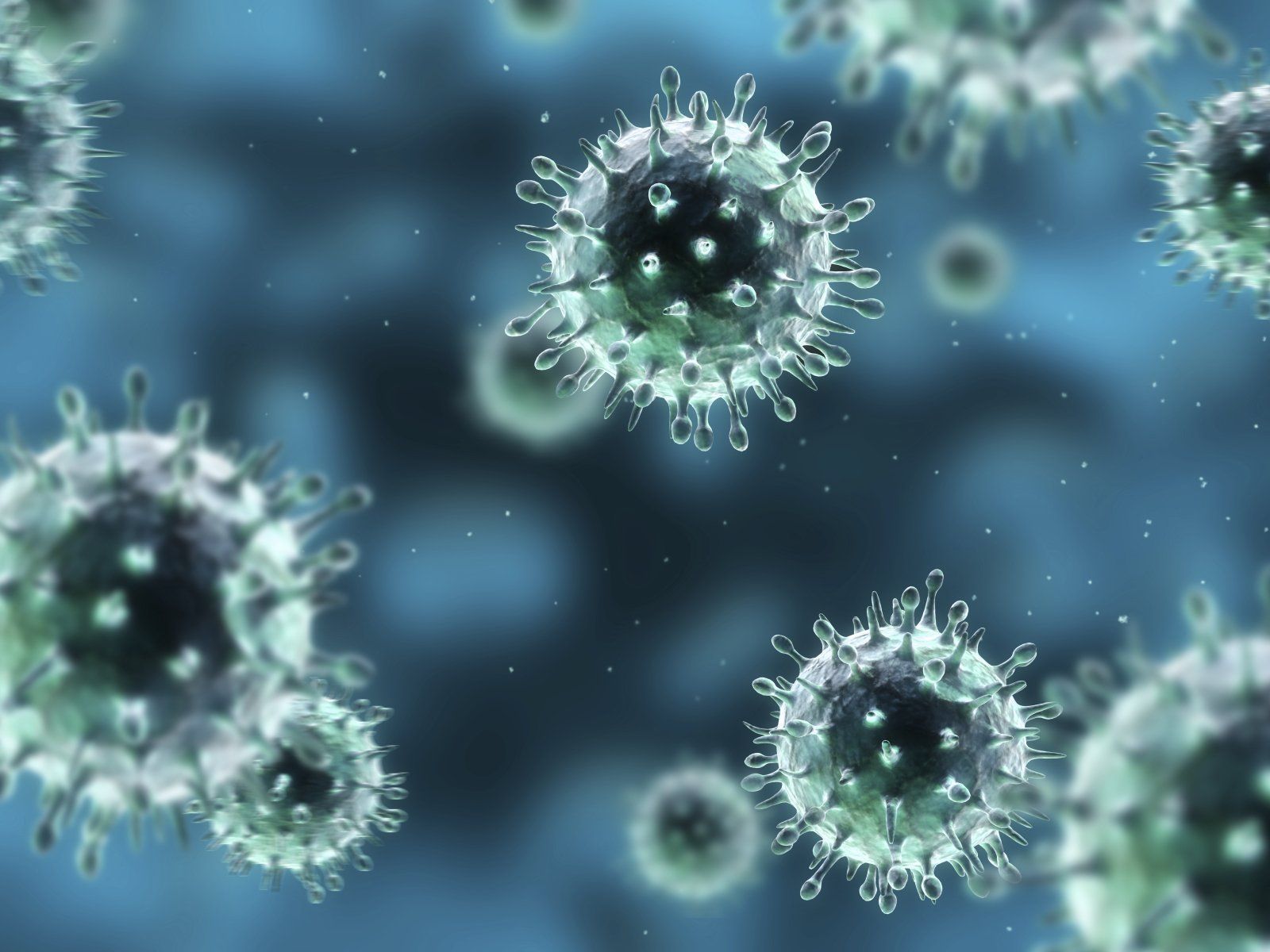4️⃣ HygieneInfectious diseases aremost often by theTransmitted by hands. Regular and thorough hand washing protects!
Wash your hands, avoid illness
⚠ DON'T FORGET:
This prevents germs on your hands from getting into the mouth.an organism and may harm you.
Wash your hands after every visit to the toilet 🧻!
This is essential because it is the only way to prevent pathogens from the intestinal tract or urine from being passed on to other people – not only when shaking hands, but also when touching a door handle, for example.
Wash your hands after covering your mouth when sneezing or coughing 🤧!
While covering your hand when coughing or sneezing is better than sneezing or coughing freely, Viruses stick to your hands afterward. Therefore, you should always use a new tissue when sneezing. Alternatively, you can sneeze or cough into your elbow to keep your hands clean.
Why is soap so important?
Source: https://www.youtube.com/watch?v=jR52yNp_bWE
Little researchers





